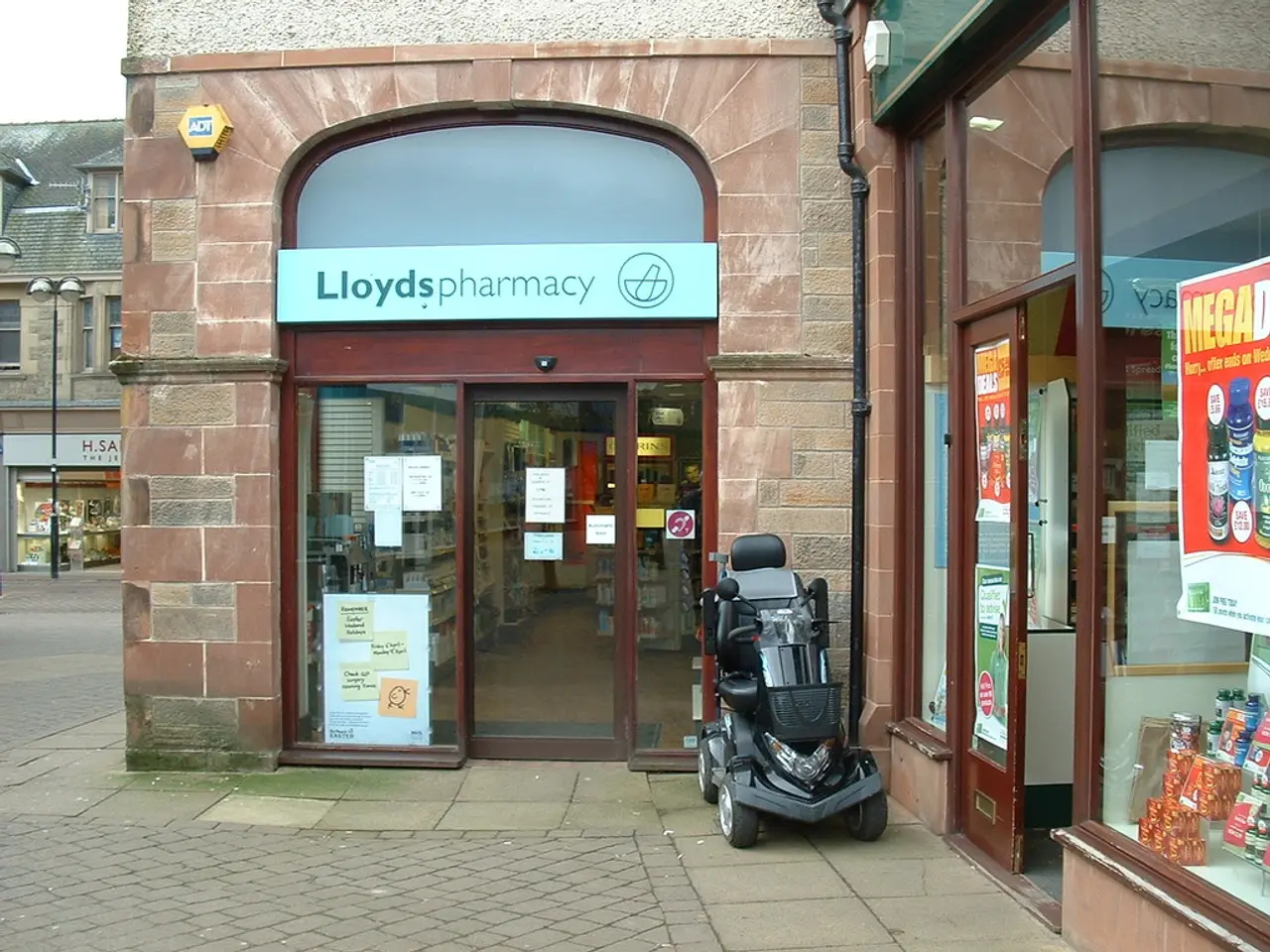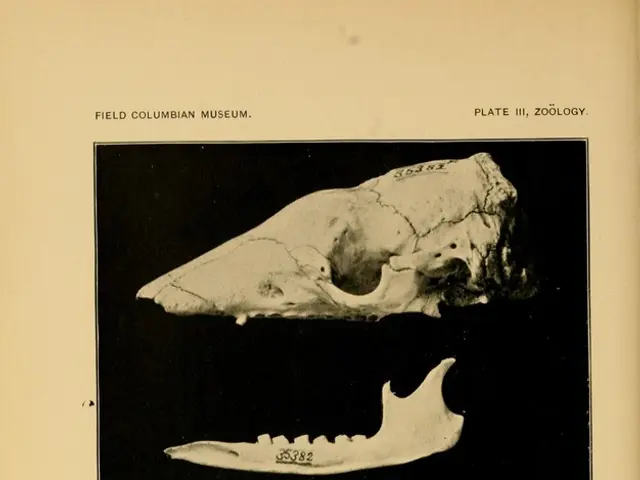World's Botox production site is based in an Irish town, facing possible implications from Trump's trade agreement, potentially causing noticeable effects.
Westport, a small coastal town in County Mayo, Ireland, is known for its picturesque landscapes and rich history. However, it's also gaining recognition as the nerve center of the world's Botox supply. The town hosts a significant pharmaceutical facility operated by the Chicago-based company, AbbVie.
Recently, US President Donald Trump announced a 15% tariff on all pharmaceutical exports from the European Union. This move has created uncertainty for the town and the companies operating there, including AbbVie.
According to reports, the US accounts for 70% of the total turnover at the Westport plant. The potential tariffs could increase export costs for the company, potentially straining its profit margins and competitiveness in the US market.
AbbVie employs at least 1,300 local people and about 500 additional contractors in Westport. The company's president, Robert A. Michael, has stated that they will "obviously continue to invest in the US." However, the impact of the tariffs on the company's operations in Westport remains unclear.
Anne-Marie, a daycare center owner in Westport, has heard parents express anxiety about the potential impact of the tariffs on their jobs. Michael Lennon, a local hotelier, shares similar concerns. He worries that the increase in tariffs could upset the American economy, and he needs all these Americans coming to Ireland.
Peter Flynn, a Mayo councillor who worked at Allergan for nearly three decades, argues that moving operations is extremely difficult, even domestically, let alone overseas, due to the gross logistical challenges it brings and the skilled workers it requires, many of whom he says are now leaving the US "at speed."
The Westport plant also makes eyecare products, according to the company's 2023 filings. For products like cosmetic Botox, which isn't covered by US health insurance, the costs of procedures could rise, putting a further strain on wallets.
Analysts estimate that the 15% tariff could mean billions in increased costs for the pharmaceutical sector across the EU, potentially squeezing margins or raising prices for US consumers. Some analysts deem the impact "manageable" because many big pharma companies have production facilities in the US and might mitigate tariff exposure.
However, Ireland's pharmaceutical sector is highly export-dependent, and towns with pharma manufacturing or R&D facilities often rely significantly on US markets. Tariffs could indirectly pressure growth, wages, and investment in Westport if its local economy is tied to exporting pharmaceuticals.
The tariffs are scheduled to take effect in early September 2025, pending final administrative steps, making the potential economic impact imminent. The overall extent of the impact depends on the specific presence and scale of pharma operations in Westport and mitigation strategies by companies.
In summary, given Westport's location in County Mayo, Ireland, and Ireland's prominent role in EU pharmaceutical exports, the 15% tariff could translate into higher export costs and economic strain for local pharmaceutical companies, influencing employment and economic activity in the town through reduced export competitiveness to the US market. However, the overall extent depends on the specific presence and scale of pharma operations in Westport and mitigation strategies by companies.
- The world's Botox supply, primarily produced in Westport, Ireland, could face increased costs due to the 15% tariff announced by US President Donald Trump on all pharmaceutical exports from the European Union.
- Science and industry, specifically the pharmaceutical sector, could be significantly affected by these tariffs, as Ireland's pharmaceutical sector is highly export-dependent and relies significantly on US markets.
- Health-and-wellness, fitness-and-exercise, and general-news sectors, such as cosmetic Botox procedures, could potentially suffer increased costs for consumers due to the tariffs.
- The finance industry may also be impacted, as the increased costs for European pharmaceutical exports could amount to billions, potentially squeezing margins or raising prices for US consumers.
- Politics, specifically trade relations between the US and the European Union, has a direct influence on manufacturing operations in Westport, Ireland, and could impact employment and economic activity in the town through reduced export competitiveness to the US market.




